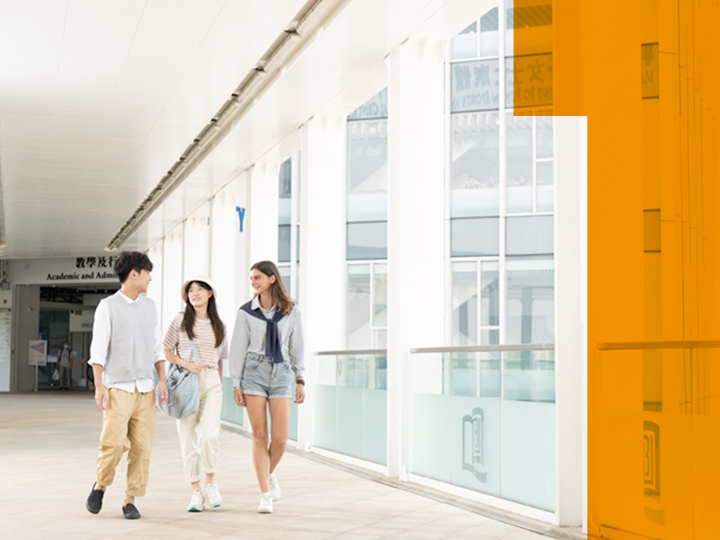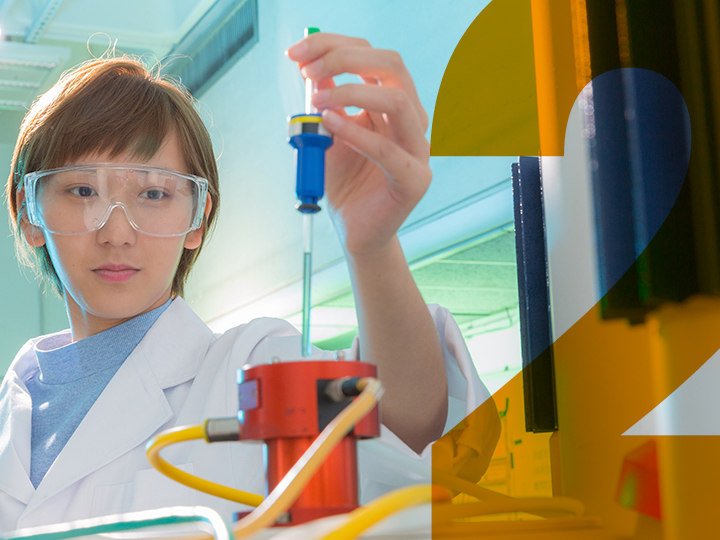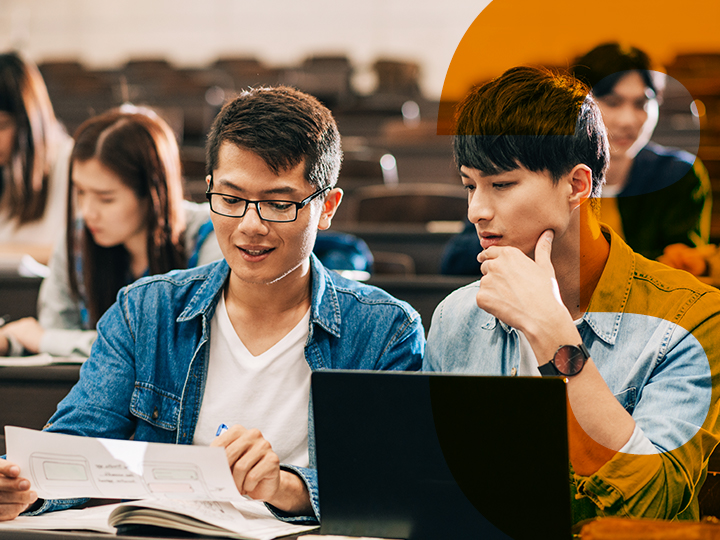STRATEGIC PLAN 2018-2028 (SECOND PHASE 2023-2028)
STRATEGIC PRIORITIES


1. Best Student Experience
Objective
To prepare students for cultural understanding, global collaboration, leadership, service and employment in an increasingly interdependent, intertwined world.
- nurture students to integrate and synthesise ideas, weigh alternatives and build consensus, rethink established positions, propose new insights and have a strong sense of purpose in life and commitment to serve and contribute locally, nationally and globally;
- evolve a research-led curriculum;
- deliver a range of educational opportunities;
- offer a wide spectrum of learning opportunities in co- and extracurricular activities;
- utilise diverse learning methods and pedagogies;
- provide meaningful learning experiences outside the classroom; and
- encourage a global and cosmopolitan campus culture.


2. Research Excellence
Objective
To establish HKBU as a global university of impact and significance.
- conduct world-leading research;
- build up research human capacity via recruitment and retention of world-class faculty members and students;
- develop research capacity by enhancing the learning experiences of scholars and postgraduate students;
- support diverse approaches to scholarship;
- address community needs through applied research;
- develop research collaborations with strategic partners around the world; and
- produce new knowledge that has the potential to improve people’s lives.
The four Research Clusters
1. Creative Media/Practice (for example: film, graphics, literary arts, music and visual/ media arts)
2. Health and Drug Discovery (for example: in Chinese Medicine, chemistry, microbiology, ageing, physical education)
3. Data Analytics and Artificial Intelligence in X (where X denotes applications such as journalism, business and finance)
4. Humanities and Cultures (for example: philosophy, literature, social work, sociology, geography, history, political science, learning sciences and human development, communication and economics)


3. Capacity
Objective
To attract the most talented students and scholars to HKBU from around the world
- develop a fit-for-purpose talent policy;
- enhance our transparent and fair governance system that is responsive to the evolving needs of the University;
- provide state-of-the-art facilities that are driven by the latest learning and research needs;
- create a low-carbon and environmentally sustainable campus; and
- tap new funding sources and enhance resource allocation policies.
From 2023 to 2028, additional measures will be deployed to further enhance capacity building and optimise knowledge transfer.
- recruit internationally renowned scholars;
- strengthen integration, consolidation and re-alignment of disciplines and units;
- develop an overarching AI strategy to incorporate and leverage AI tools in enhancing teaching and learning and transdisciplinary research; and
- explore options and opportunities for further campus development.


4. Knowledge Transfer
Objective
To build a strategic platform to provide comprehensive support and to foster a vibrant ecosystem for faculty members and students across different disciplines to innovate and create for impact.
- establish the Institute for Innovation, Translation and Policy Research (ITPR) to drive innovations, research and development, technology translation and applications;
- synergise the functions of ITPR and the Knowledge Transfer Office to provide all-round support; and
- engage internal and external stakeholders proactively and mobilise the necessary resources to spearhead knowledge transfer.